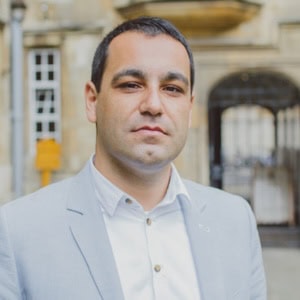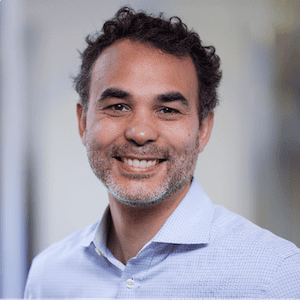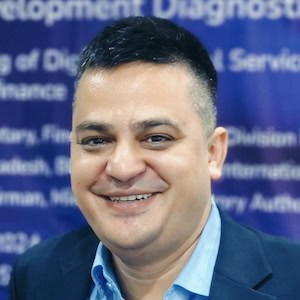-
NexThought Monday: How Mindset Shifts Improve Health Care
The Ihangane Project is based on core principles like: 1) the relationship between health care providers and recipients is the essential link to reach good health outcomes; and 2) even the most marginalized members of society have the capacity to shift their mindset from one of scarcity to one of abundance.
- Categories
- Health Care
-
Roundup: Chicago’s $100M Impact Test, World Bank Relevance Check – And Defending ‘White Savior Barbie’
Something big happened in Chicago this week, as the Chicago Community Trust, MacArthur Foundation and Calvert Foundation announced their plans to funnel $100 million in impact investments to nonprofits and social enterprises in the Windy City through the Benefit Chicago project. Our editors discuss that development, wonder about the evolving role of the World Bank, and defend "White Savior Barbie" in this roundup.
- Tags
- impact investing
-
Digital Government: 4 Keys to Kenya’s Success with Electronic Government Payments
Kenya has long been grappling with inefficiencies in government service delivery, characterized by resource constraints, bureaucratic processes and lack of accountability. In response, the government launched an integrated service model for person-to-government and business-to-government payments, allowing digital payments via online and mobile tools. Here are four reasons Kenya is ideally suited to digitize its government functions.
- Categories
- Uncategorized
-
Airtime to the Rescue: Why India Should Mobilize Telcos for Disaster Relief
Last April, when a 7.8 magnitude earthquake shook Nepal, telcos offered free mobile airtime for 48 hours to their customers based in India, so they could connect with their family members and friends in Nepal. This example illustrates the potential of utilizing the payments infrastructure to respond to natural disasters. I believe this potential could be more fully realized by channeling relief and rehabilitation funds to disaster victims using airtime as currency – and India is the ideal proving ground for the concept.
- Categories
- Uncategorized
-
Global Mobile Money Adoption in 2015: What the Data is Telling Us
In markets where mobile money is available, 10 percent of mobile connections are now linked to a mobile money account, compared to 8 percent in December 2014, according to the GSMA. Across Sub-Saharan Africa, the growth is even starker: one in three mobile connections were linked to a mobile money account in December 2015, up from 22 percent in December 2014. A closer look at the numbers.
- Categories
- Technology
-
The Universal Clinic: A New Paradigm for Rural Health Care?
The Institute for Transformative Technologies is building Universal Clinics, a cohesive platform of integrated technologies to operationalize clinics in resource-constrained settings with high-quality primary and maternal health care in a cost-effective and scalable manner.
- Categories
- Health Care
-
NexThought Monday: The Role of STEM Professionals in Global Sustainable Development
The science, technology, engineering and math (STEM) community is changing. Many passionate, hardworking students are not as excited about taking up well-paying, but arguably monotonous, jobs in large corporations. Their big question is: what do we do next? To answer this question, Khanjan Mehta of Penn State spent over three years interacting with hundreds of innovators to find new pathways toward careers in social innovation and global sustainable development.
- Categories
- Energy, Technology
- Tags
- employment, innovation
-
Weekly Roundup: Healthy Debate and Unhealthy Economics at Unite for Sight
I went to a global health conference last weekend and an economics lesson broke out. OK, that’s a bit of an oversimplification. A lot more than economics was discussed at the 13th annual Unite for Sight Global Health & Innovation Conference at Yale University. It’s just that as I scurried from session to session around the campus, I kept hearing about the scarcity and/or misapplication of money.
- Categories
- Health Care, Impact Assessment
- Tags
- public health










